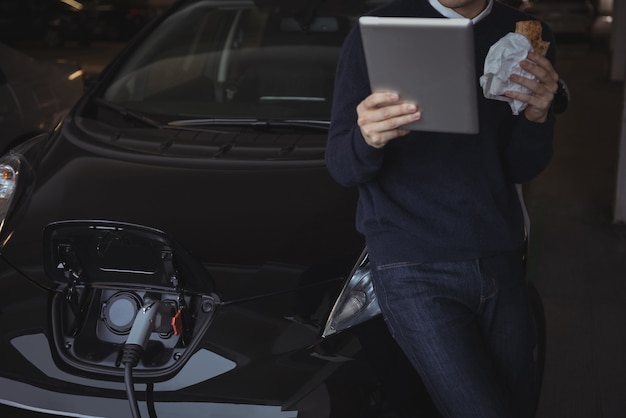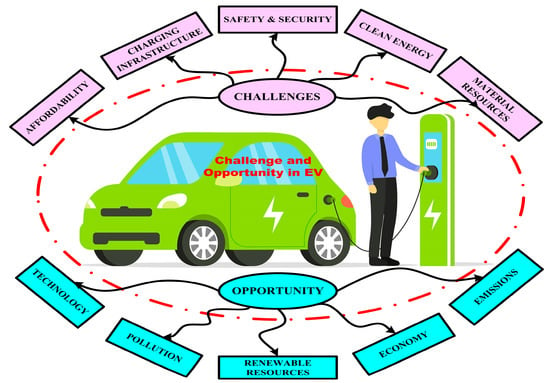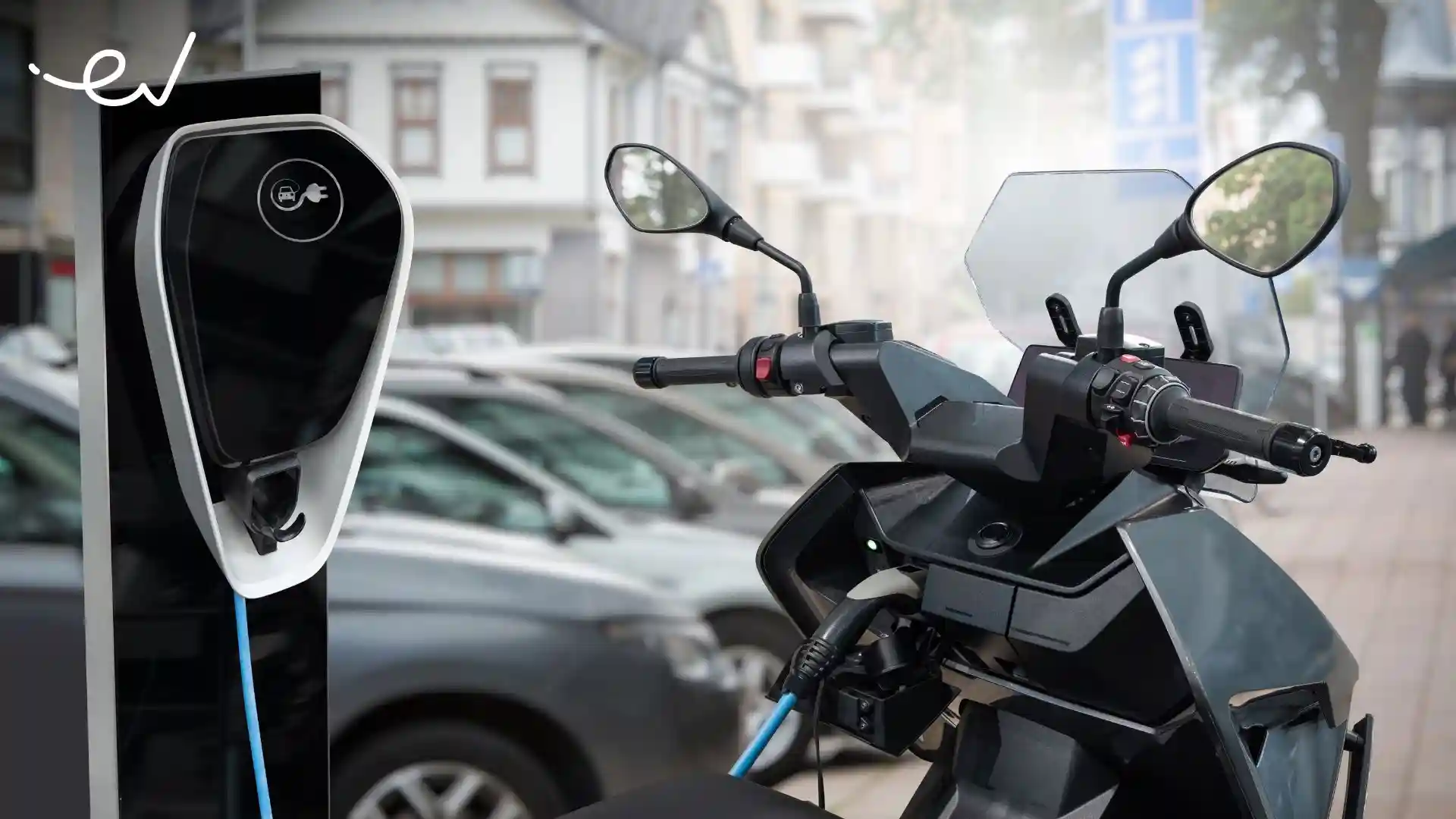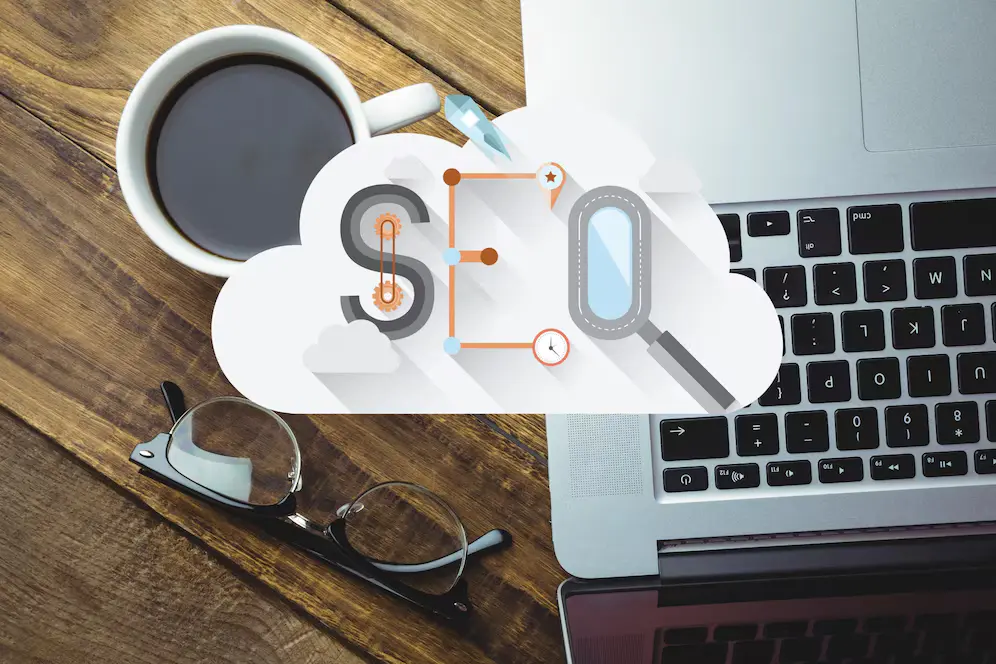Traditional Automakers Transitioning to EVs: What It Means
Mia Anderson
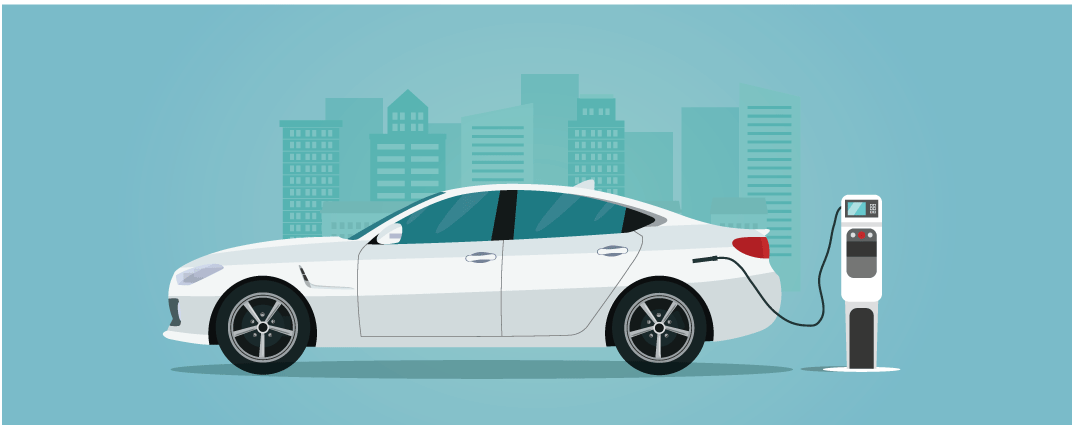
Photo: Traditional Automakers Transitioning to EVs: What It Means
The global automotive industry is undergoing a seismic shift as traditional automakers transition from internal combustion engines (ICE) to electric vehicles (EVs). This evolution is driven by environmental regulations, changing consumer preferences, and advancements in EV technology. The journey from fossil fuels to electrification presents opportunities and challenges for automakers, consumers, and the planet.
This article explores why automakers are making the transition, what it means for the industry, and how it impacts consumers and the environment.
Why Traditional Automakers Are Embracing EVs
1. Stringent Environmental Regulations
Governments worldwide are tightening emissions standards to combat climate change. Policies such as the European Union’s Green Deal, California’s zero-emission vehicle mandates, and China’s New Energy Vehicle (NEV) program compel automakers to reduce greenhouse gas emissions or face heavy penalties. Shifting to EVs is no longer optional it’s a survival strategy.
2. Growing Consumer Demand for Sustainability
Consumers are increasingly prioritizing eco-friendly options. Surveys indicate that younger generations, in particular, are more likely to consider sustainability when purchasing vehicles. Electric vehicles, with zero tailpipe emissions and potential for carbon-neutral operation, align perfectly with this trend.
3. Technological Advancements in EVs
Significant advancements in battery technology have made EVs more efficient and affordable. The cost of lithium-ion batteries has dropped by over 89% since 2010, according to BloombergNEF. This cost reduction allows traditional automakers to compete with EV pioneers like Tesla, offering vehicles with greater range and faster charging times.
How Traditional Automakers Are Transitioning
1. Investment in R&D and Manufacturing
Traditional automakers are pouring billions into research and development. Ford, for instance, announced a $50 billion investment in EV technology by 2026. Similarly, General Motors plans to phase out ICE vehicles entirely by 2035, focusing solely on electric models.
To facilitate this transition, automakers are retooling factories to produce EVs and batteries. Volkswagen, under its “Way to Zero” initiative, is converting entire plants to EV production hubs.
2. Partnerships and Collaborations
Collaborations are essential for accelerating EV adoption. For example, Toyota and Panasonic have teamed up to develop advanced battery solutions, while BMW and Jaguar Land Rover are collaborating on electric drive units. These partnerships enable cost-sharing and faster innovation.
3. Expansion of Charging Infrastructure
A key barrier to EV adoption has been the lack of widespread charging infrastructure. Automakers are addressing this by partnering with charging network providers. For instance, Mercedes-Benz has announced plans to establish its global high-power charging network to ease range anxiety and promote EV adoption.
Challenges Faced by Traditional Automakers
1. Supply Chain Disruptions
Transitioning to EVs requires a robust supply of critical materials like lithium, cobalt, and nickel. Mining and refining these materials can be environmentally harmful, leading to ethical and logistical challenges. Supply chain bottlenecks and geopolitical factors exacerbate these issues.
2. Competition with EV-Only Startups
Automakers like Tesla, Rivian, and Lucid Motors have a significant head start in the EV market. These companies are unencumbered by legacy systems and ICE-related infrastructure, allowing them to innovate faster. Traditional manufacturers must navigate the dual challenge of sustaining ICE production while investing in EVs.
3. Consumer Perception and Education
Despite growing interest, many consumers remain skeptical about EVs due to misconceptions about range, charging times, and costs. Automakers must invest in marketing and consumer education to dispel myths and highlight the benefits of EV ownership.
What the Transition Means for Consumers
1. More Affordable and Diverse EV Options
As competition increases, EV prices are expected to drop further, making them accessible to a broader audience. Traditional automakers are diversifying their EV portfolios, offering everything from compact city cars to luxury SUVs.
2. Improved Infrastructure and Convenience
The expansion of charging networks will make EV ownership more practical. Automakers and governments are working together to create fast-charging corridors, particularly in urban and suburban areas.
3. Access to Incentives and Subsidies
Governments often provide financial incentives for EV buyers, such as tax credits, rebates, and reduced registration fees. Consumers can take advantage of these perks to lower the overall cost of transitioning to an EV.
Environmental and Economic Impacts
1. Reducing Carbon Footprints
Electric vehicles have the potential to significantly reduce greenhouse gas emissions, especially when powered by renewable energy. According to the International Energy Agency (IEA), EVs could cut global CO₂ emissions by over 1.5 gigatons annually by 2030.
2. Job Creation in Green Technologies
The transition to EVs is creating jobs in sectors like battery manufacturing, renewable energy, and charging infrastructure development. However, it also disrupts traditional automotive jobs, requiring reskilling programs to bridge the gap.
The Road Ahead: Opportunities and Uncertainties
1. Opportunities for Innovation
The shift to EVs is spurring innovation across the board. From self-driving technologies to energy storage solutions, automakers are redefining what vehicles can do. For consumers, this means access to smarter, safer, and more connected cars.
2. Uncertainties About the Pace of Change
While the transition is well underway, factors such as economic downturns, supply chain disruptions, and fluctuating government policies could slow progress. Automakers must remain agile and proactive to navigate these uncertainties.
Conclusion
The transition of traditional automakers to electric vehicles marks a pivotal moment in automotive history. Driven by regulatory mandates, technological advancements, and changing consumer values, the shift promises to reshape industries, economies, and the environment.
For consumers, it opens the door to more sustainable transportation options, greater innovation, and long-term savings. However, the journey is not without its challenges, from supply chain constraints to competition with EV-only manufacturers.
As the world moves toward a more electrified future, the collaboration between automakers, governments, and consumers will be essential to ensuring a successful and equitable transition.
Marketing
View All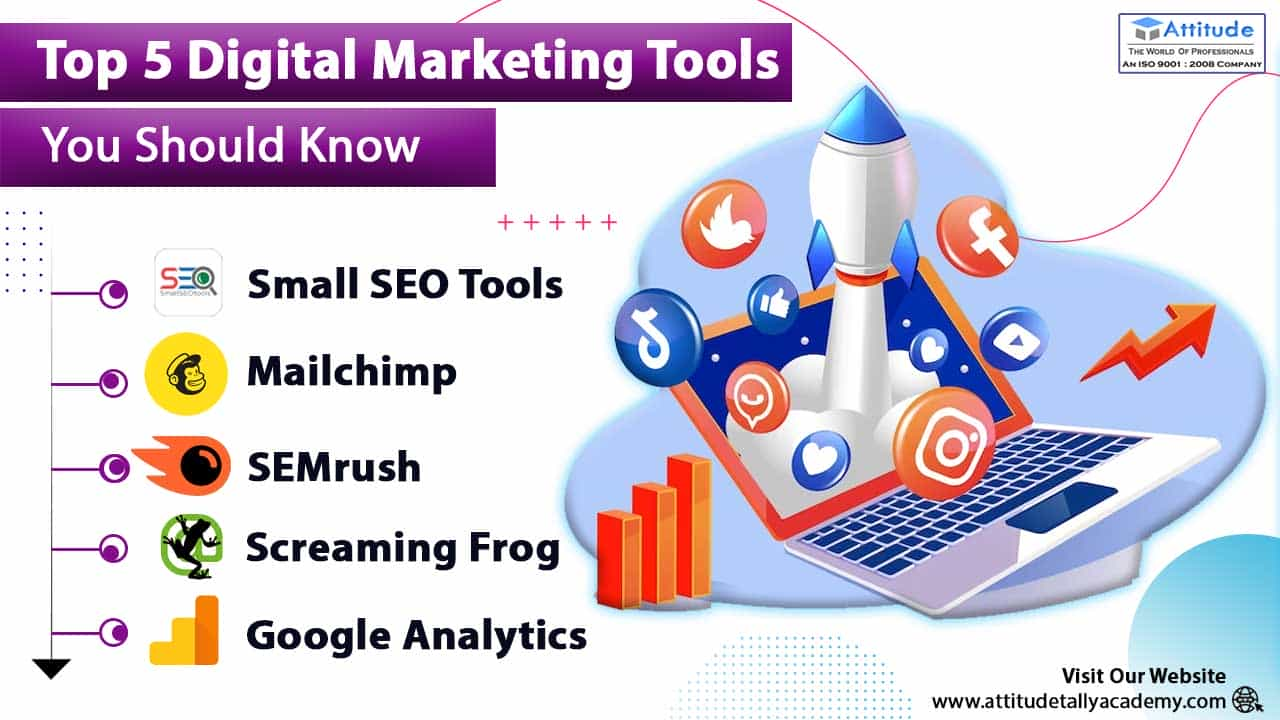
January 20, 2025
5 Best Digital Marketing Tools for GrowthUncover the top 5 digital marketing tools every marketer needs. Boost efficiency, drive results, and streamline your campaigns now!
Mia Anderson

January 23, 2025
10 Content Strategies for Digital SuccessCreate winning content with these 10 proven digital marketing strategies. Enhance engagement and conversions starting today!
Mia Anderson
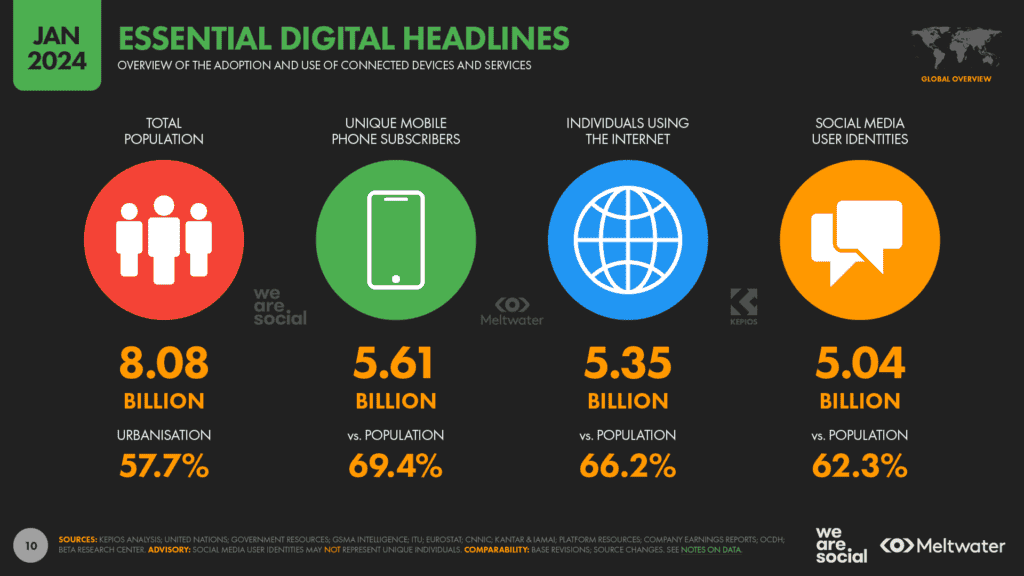
January 23, 2025
Social Media in Digital Marketing 2024Learn how social media is revolutionizing digital marketing in 2024. Boost your brand with actionable tips for viral campaigns!
Mia Anderson
Entertainment
View AllDiscover the best movie soundtracks of 2024! Explore our list of top picks and enhance your playlist today. Click to find your next favorite soundtrack!
Mia Anderson
Unlock access to live concerts from home. Discover top platforms, tips, and exclusive offers to elevate your streaming experience. Click now for the ultimate guide!
Mia Anderson
Having trouble deciding between Netflix and Disney+? Consider the advantages and disadvantages of each streaming service to help you choose the best one for your needs.
Mia Anderson
Discover the ultimate guide to cosplay for beginners. Learn key tips, tricks, and trends to start your cosplay journey with confidence. Read now for expert advice!
Mia Anderson
Automotive
View AllExplore how the rise of electric vehicle (EV) infrastructure is driving changes in land use and urban planning worldwide.
Read MoreDiscover the latest trends in fleet electrification. How are businesses adopting EVs for commercial use in 2024?
Read MoreLearn about the growing trend of electric two-wheelers and three-wheelers. Why are these vehicles gaining popularity?
Read MorePolular🔥
View All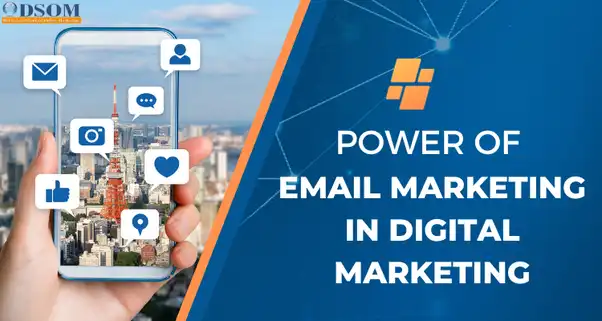
1
2
3
4
5
6
7
8
9
10
Technology
View All
December 14, 2024
How to Save Big on Your Next Tech Purchase: 7 Tips You Need to Know
Save big on your next tech investment! Our 7 expert tips will help you find the best deals. Click to learn more and shop smart.
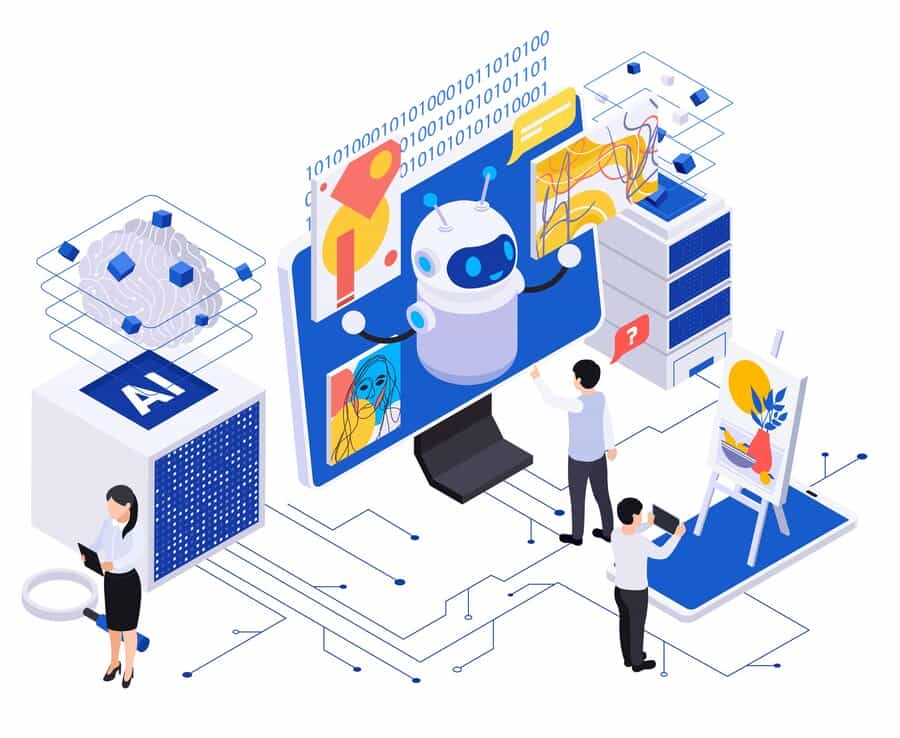
August 26, 2024
Transform Your Business with Essential AI Software Tools You Need to Know
Discover the best Artificial Intelligence software to boost your business efficiency and innovation. Click to explore top AI tools and transform your operations.

August 9, 2024
The Top Deep Learning Algorithms Unlocked
Learn about the top deep learning algorithms and practical uses for them. This post reveals the best methods for everything from text categorization to picture loading, along with a ranking of the top 10 algorithms.
Tips & Trick



